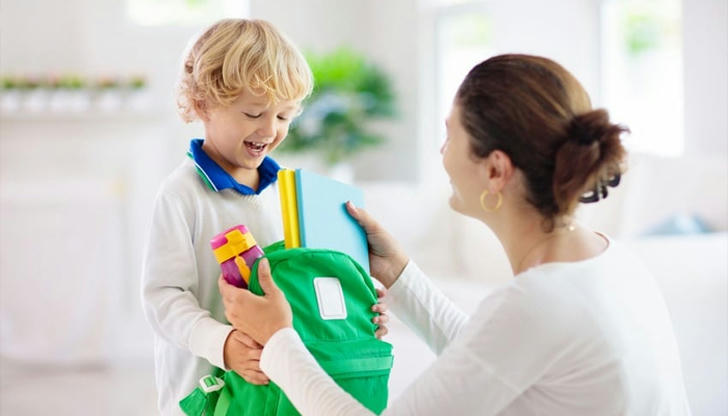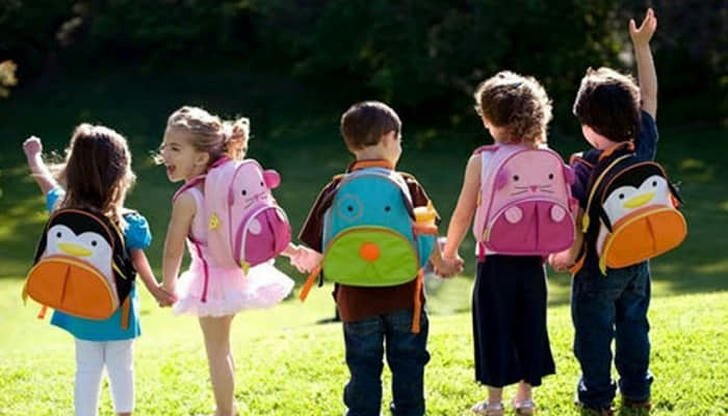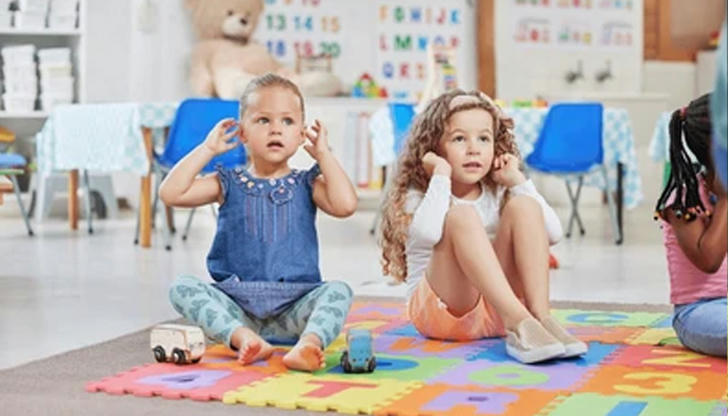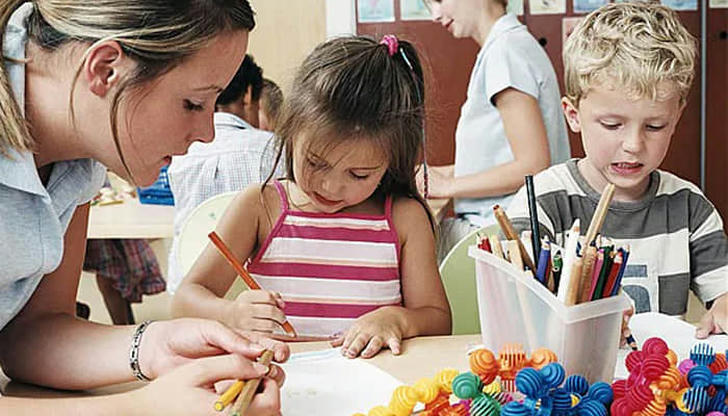Is Your Child Truly Ready for Kindergarten? Here’s How to Be Sure
Starting kindergarten is a big deal—for both children and parents. While your little one might be excited to meet new friends and wear that adorable backpack, you might be quietly wondering: Is my child actually ready?
Readiness isn't just about knowing ABCs or counting to 10. It’s about a blend of emotional, social, and academic skills that help kids transition smoothly into a structured classroom. Here's how to check if your child is truly kindergarten-ready—and what you can do if they’re not quite there yet.

1. Can They Separate Without Meltdowns?
One of the first hurdles many kids face is simply walking into the classroom without clinging to your leg like it’s the end of the world.
What to watch for:
Can your child handle short separations during playdates or preschool?
Are they comfortable being cared for by other trusted adults?
What to do:
If your child has anxiety about being away from you, start practicing with short separations now. Drop them off at a friend’s house or a short day camp, and always come back when you say you will. This builds trust and confidence.

2. Are They Comfortable Around Other Kids?
Kindergarten is social. Sharing, taking turns, and playing nicely are part of the daily routine.
What to watch for:
Can your child play cooperatively?
Do they show empathy when someone is upset?
What to do:
Arrange playdates or group activities where your child can interact with peers. Use books or cartoons to talk about kindness, fairness, and resolving conflicts.
3. Basic Self-Care Goes a Long Way
Teachers can’t help every child with every zipper or bathroom trip. Self-sufficiency is key.
What to watch for:
Can your child use the bathroom independently?
Can they wash hands, blow their nose, or put on their shoes?
What to do:
Give your child opportunities to practice self-care at home. Even if it takes longer, let them zip their coat or pour their own drink. Confidence grows with independence.

4. Can They Follow Simple Instructions?
Classroom life runs on rules. Kids need to listen, follow directions, and stay on task.
What to watch for:
Can your child follow 2- or 3-step instructions, like “Put away your toys and wash your hands”?
Do they respond to transitions like “Clean up time” without protest?
What to do:
Use routines at home to build this skill. You can even turn it into a game: “Simon Says” is great for listening and direction-following!
5. The Learning Basics Matter—But Don’t Stress
Yes, knowing letters, numbers, and colors helps—but it’s okay if your child hasn’t mastered it all yet.
What to watch for:
Can they recognize some letters, especially those in their name?
Do they show curiosity about books or numbers?
What to do:
Make learning part of everyday life. Read together daily. Count apples at the grocery store. Sing alphabet songs in the car. Keep it playful and pressure-free.

6. Can They Sit Still and Focus (Even Briefly)?
No, your child doesn’t need to sit for hours. But they do need to stay with a task for short periods.
What to watch for:
Can they focus on a story or puzzle for 5–10 minutes?
Are they able to wait patiently during snack or circle time?
What to do:
Limit screen time and encourage hands-on activities like drawing, building blocks, or sorting games. These boost attention span without overstimulation.
7. Do They Communicate Clearly?
Your child doesn’t need perfect grammar, but they should be able to express needs and understand basic instructions.
What to watch for:
Can your child say what they need or how they feel?
Can they understand and answer simple questions?
What to do:
Talk with your child throughout the day. Ask open-ended questions like “What was your favorite part of today?” to encourage expressive language.
8. Emotional Resilience is Huge
Kindergarten can bring big feelings: frustration, nervousness, or even boredom. How your child handles those matters.
What to watch for:
Can they calm down after getting upset?
Do they have basic coping skills when things don’t go their way?
What to do:
Name feelings (“I see you’re frustrated”) and model how to handle them. Deep breathing, taking a break, or using words to ask for help are all healthy strategies.
So, What If They’re Not 100% Ready?
Spoiler alert: No child is perfect at all these things. And that’s okay! Kindergarten is designed to help kids grow in every area—not just measure them against a checklist.
What matters most is progress, not perfection. If you notice gaps, use the months leading up to the first day as practice time. Most of all, reassure your child. A confident, emotionally secure child will be more open to learning and adapting.
Final Thought: You’ve Got This (and So Do They)
Kindergarten readiness is about more than flashcards or worksheets. It’s about helping your child feel secure, curious, and excited to learn in a bigger world.
So take a breath. Hug your little one. And know that preparing them doesn’t mean pushing them—it means supporting, encouraging, and letting them grow at their own pace.
Because when they walk into that classroom with a smile on their face (and maybe a tear in your eye), you’ll know you did everything you could to get them ready.
